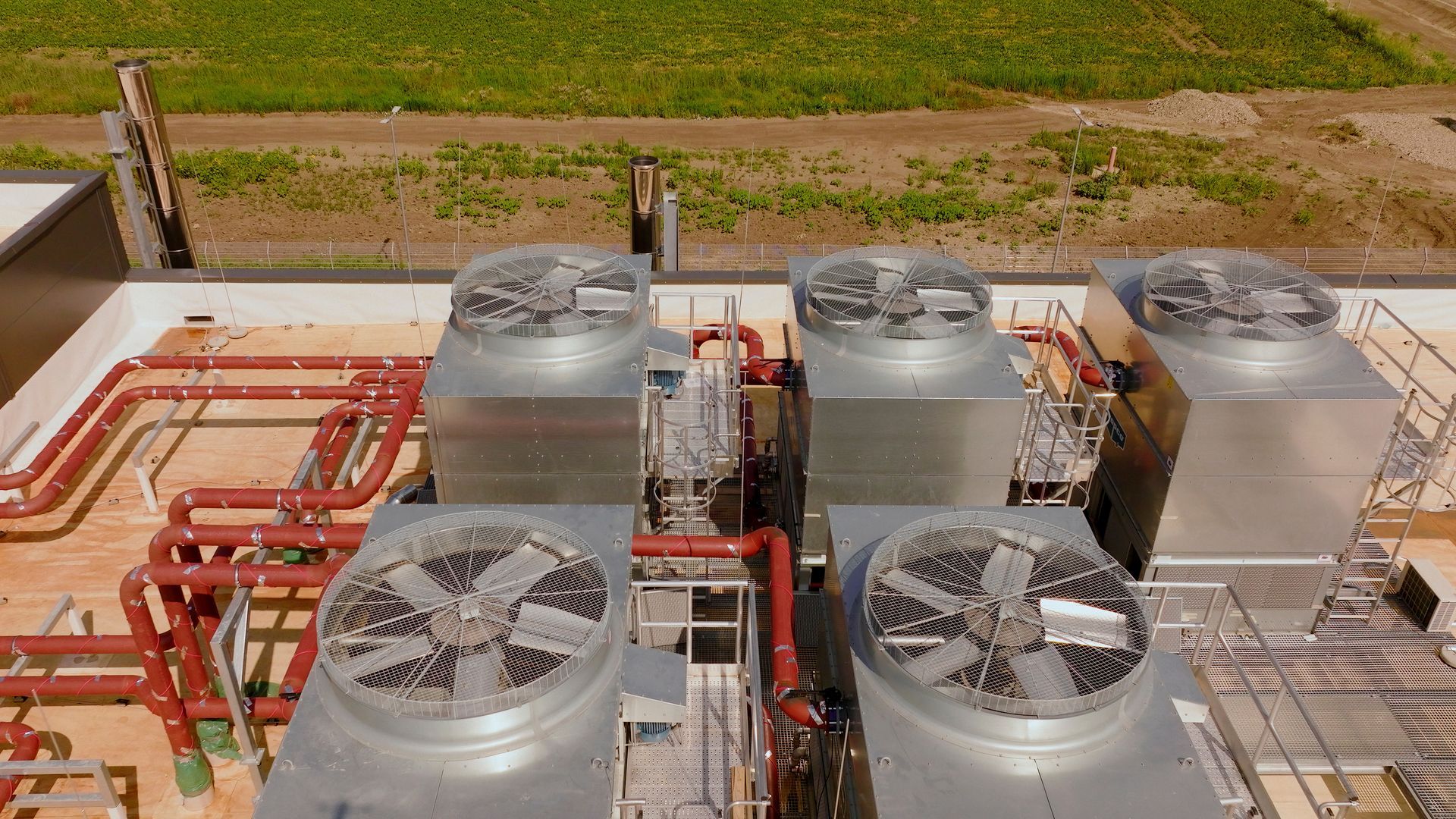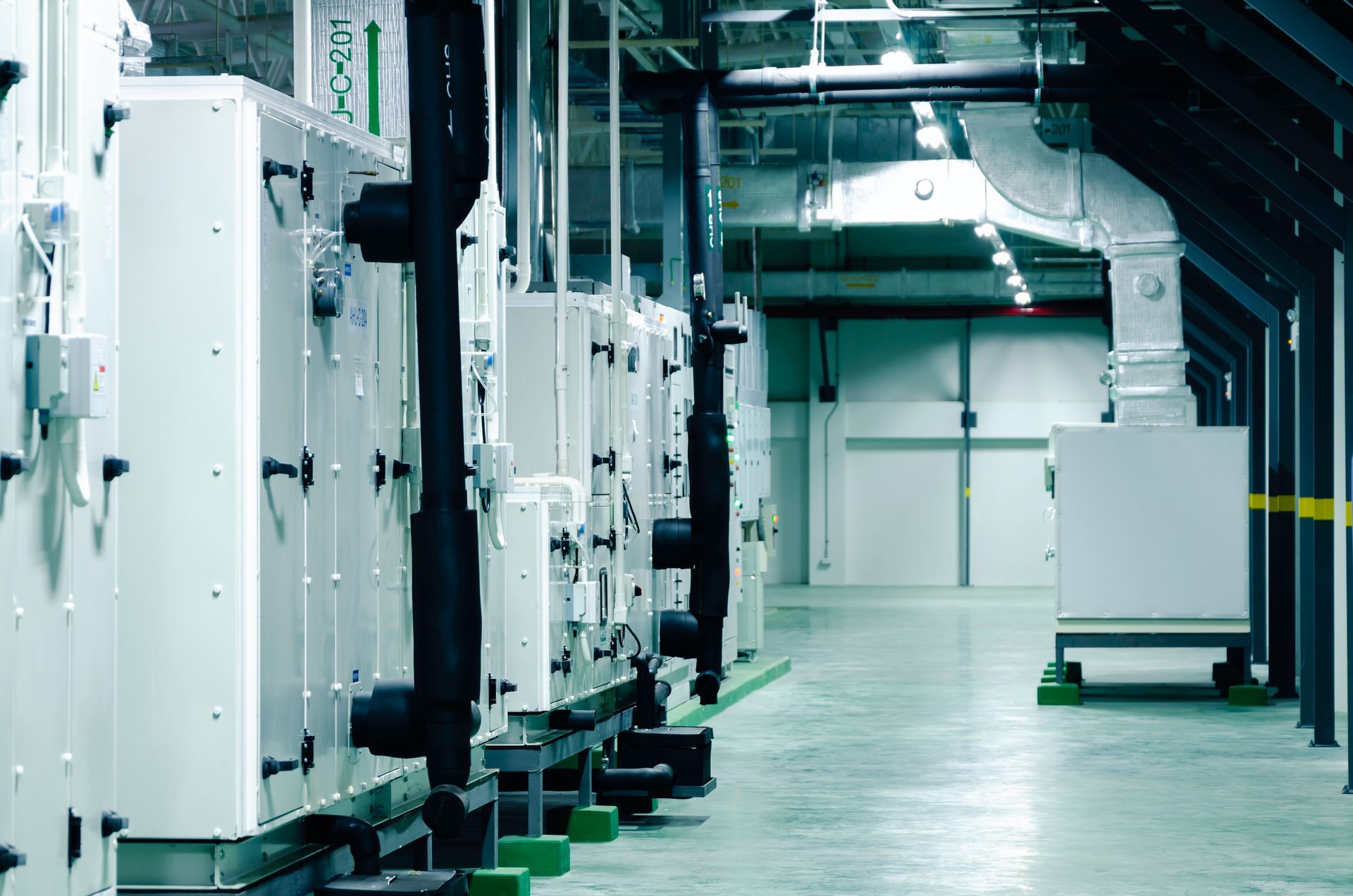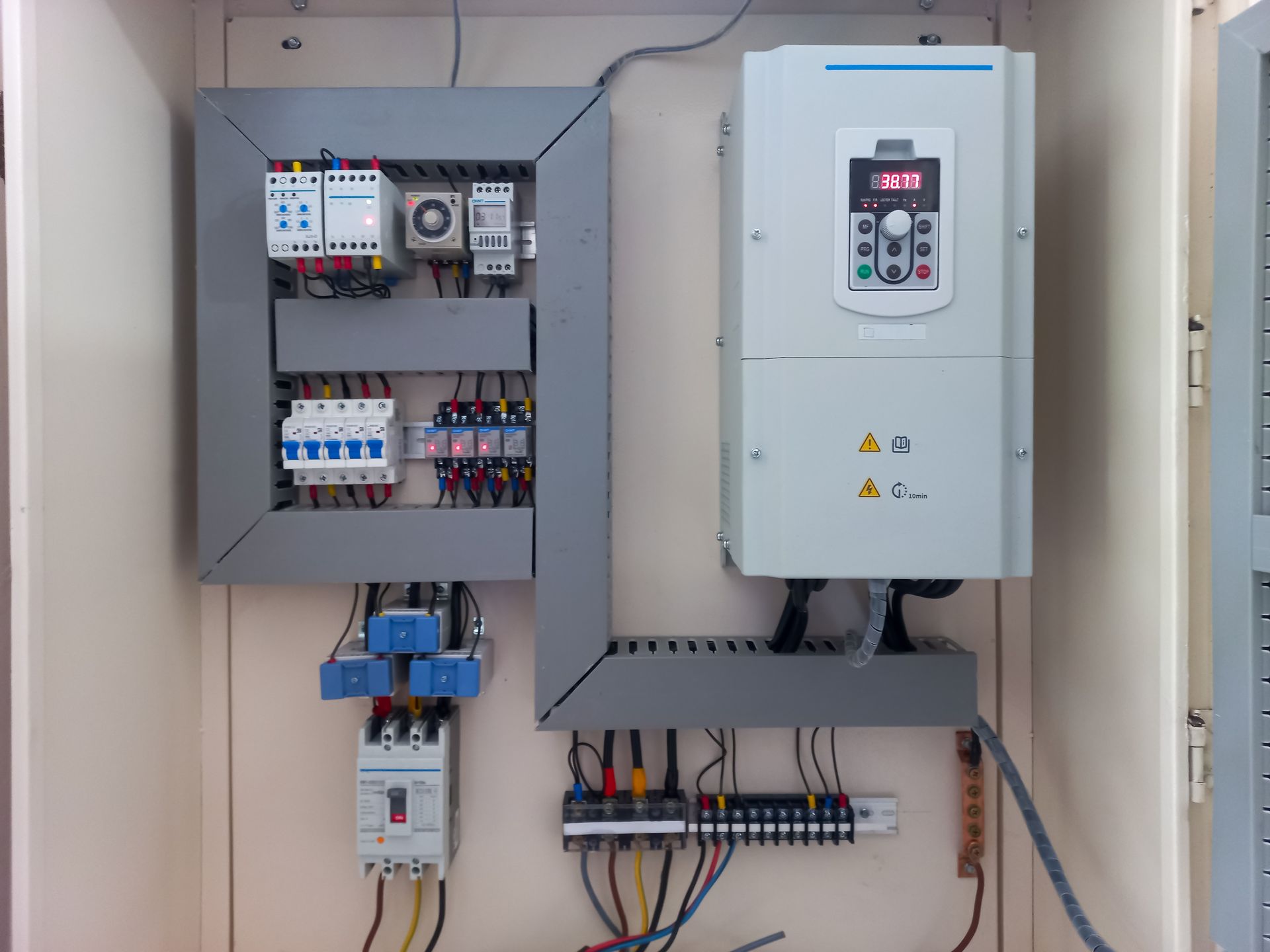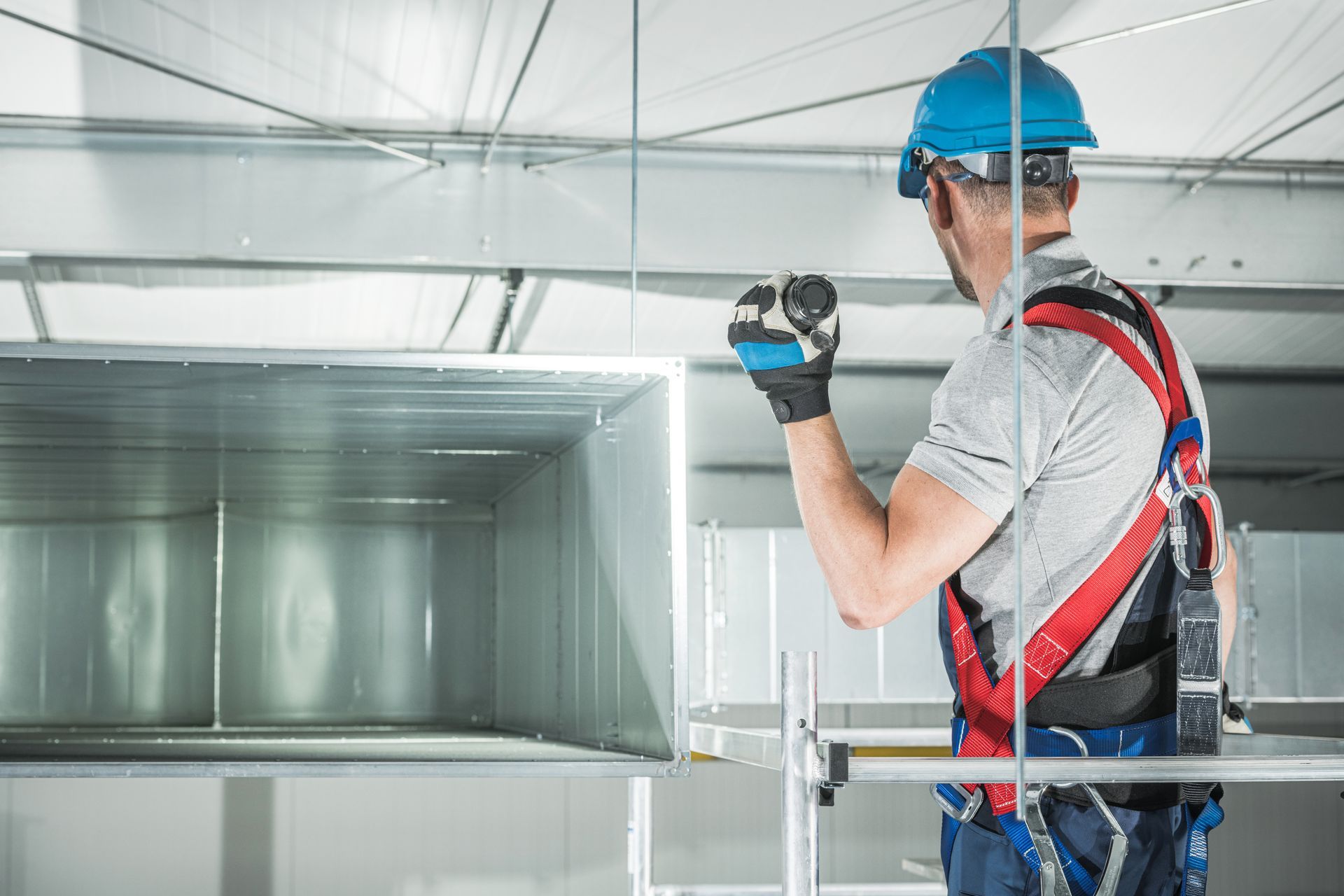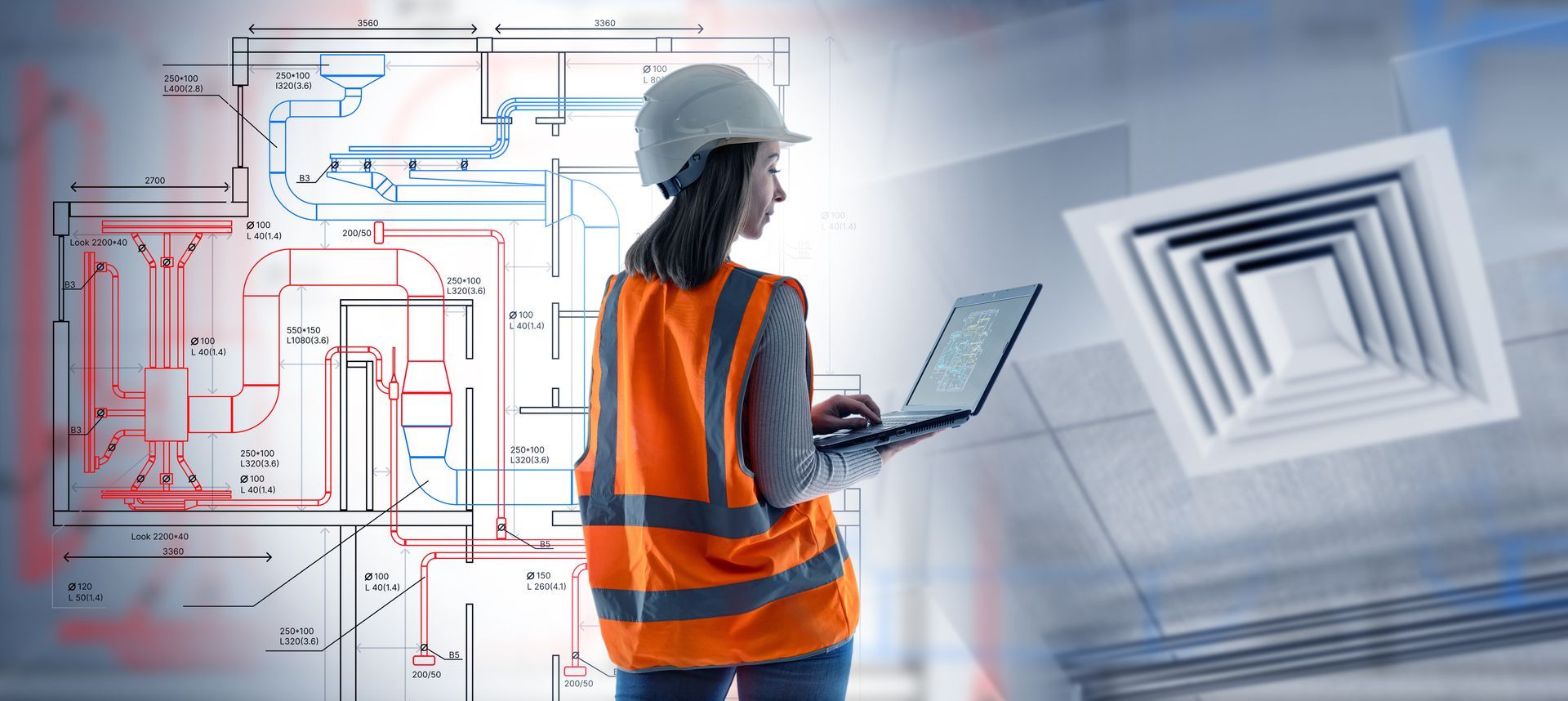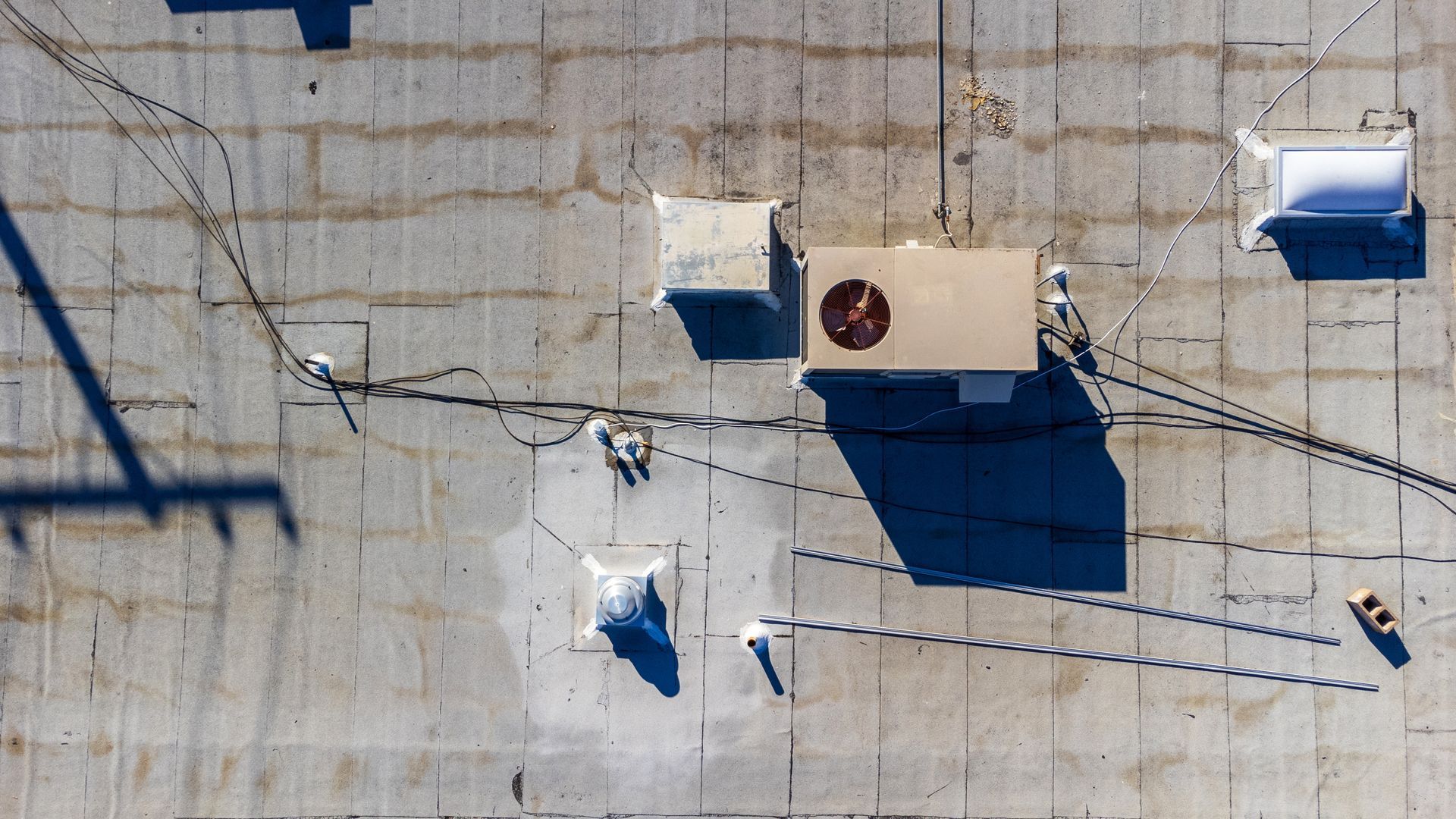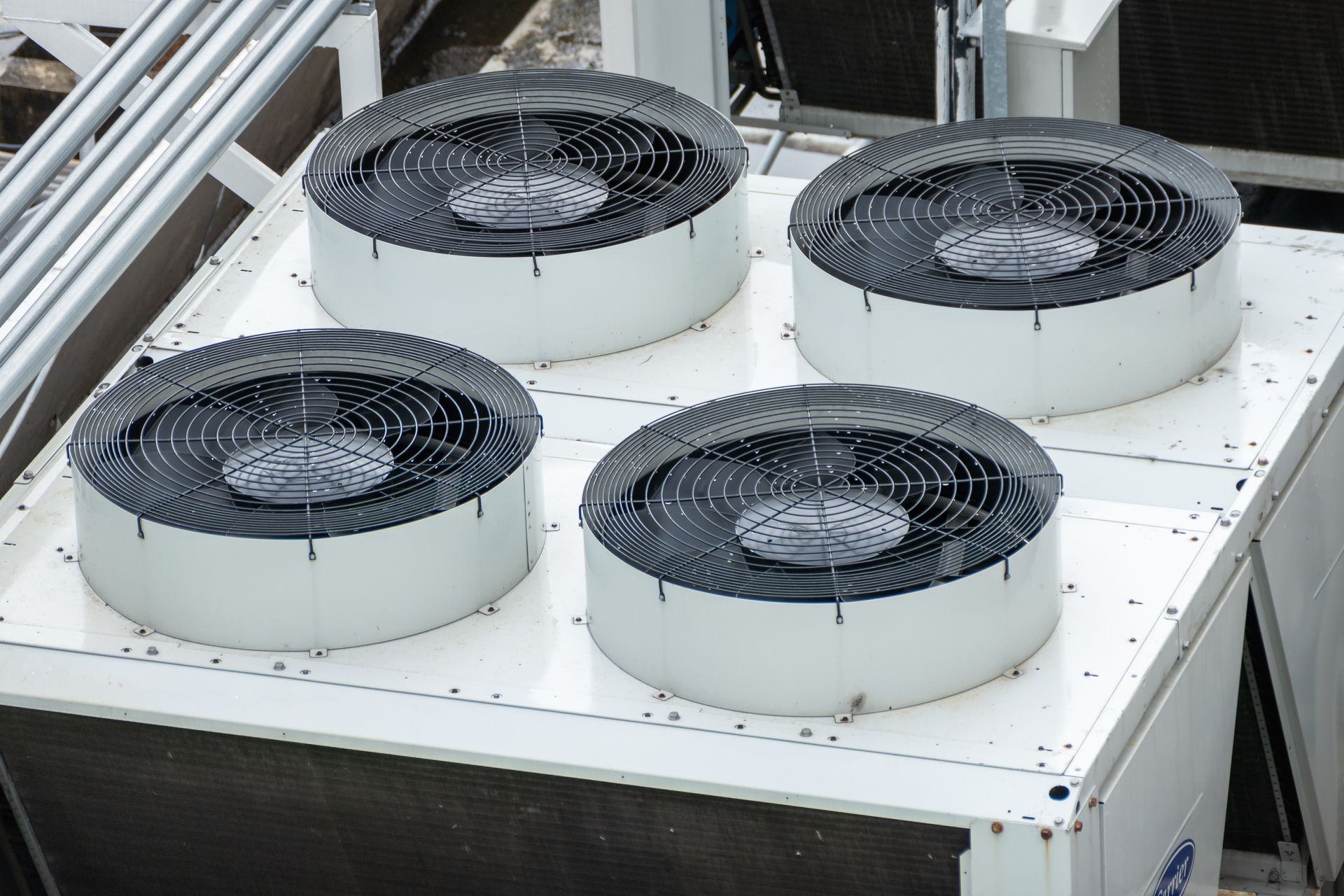The Importance of Exhaust Fans in Industrial Facilities
Share
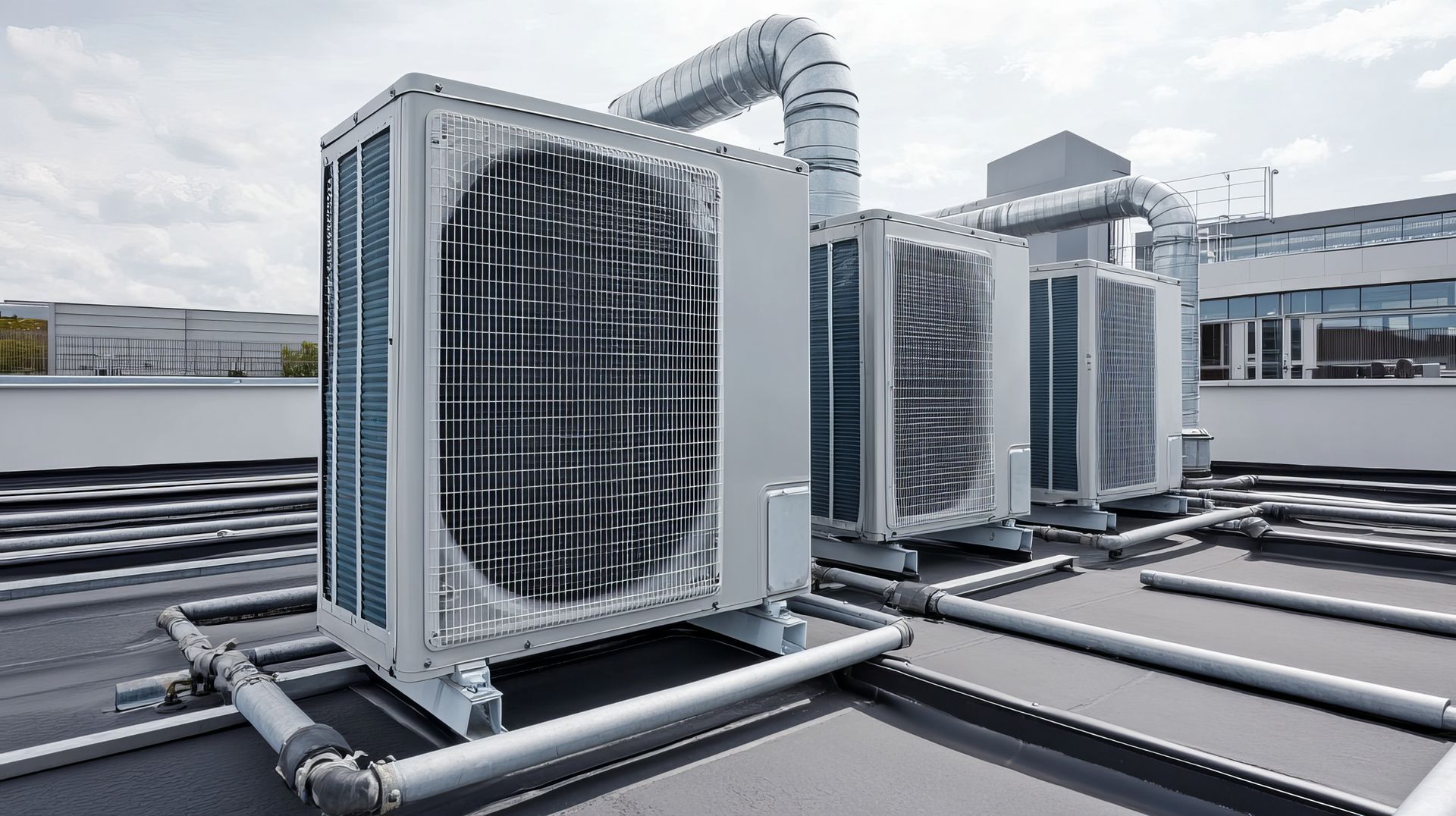
In industrial settings, maintaining air quality, temperature control and safety is critical. Exhaust fans play a key role in removing contaminants, excess heat and moisture from work environments. These systems should be designed to meet structural and performance needs, improving worker safety, protecting equipment and maintaining regulatory compliance.
How Exhaust Fans Work
Exhaust fans work by drawing contaminated or hot air out of a space and replacing it with fresh air. These systems are commonly installed in factories, warehouses, workshops and processing plants where airborne pollutants, heat and humidity rapidly accumulate as a result of operations.
Key Functions of Industrial Exhaust Fans
- Removing airborne contaminants such as dust, smoke and fumes.
- Reducing excess heat from equipment, processes and high-temperature work areas.
- Controlling humidity and moisture to prevent mold growth and corrosion.
- Improving air circulation for worker comfort and compliance with safety regulations.
Types of Industrial Exhaust Fans and Their Applications
Centrifugal Fans
These high-pressure fans are ideal for facilities dealing with dense airborne contaminants, such as dust and chemical fumes. Their design allows for better filtration and controlled air movement, making them a popular choice in manufacturing and chemical processing plants.
Axial Fans
Designed for moving large volumes of air at lower pressure, axial fans are commonly used for general ventilation in warehouses and large open spaces. They help circulate air effectively, reducing stagnant zones where heat or fumes can accumulate.
Upblast and Downblast Roof Fans
These roof-mounted exhaust systems help remove heat, smoke and airborne pollutants from industrial spaces. Upblast fans push air upward and away from the building, while downblast fans direct airflow downward for localized ventilation needs.
Wall-Mounted Exhaust Fans
Often used in areas where targeted airflow is needed, wall-mounted fans help remove contaminants from specific workstations, such as welding bays or paint booths. They provide a cost-effective ventilation solution for localized air quality control.
Ducted Exhaust Systems
In environments with strict air quality requirements, ducted exhaust systems are custom-built to ensure optimal ventilation. These systems are commonly found in laboratories, pharmaceutical plants and food processing facilities where precise control over air movement and filtration is essential.
The Role of Exhaust Fans in Industrial Applications
Controlling Particulate Matter in Manufacturing
Manufacturing processes, especially those involving cutting, grinding, welding or chemical treatments, generate fine dust and fumes that can pose serious health risks. Exhaust fans help:
- Filter and expel particulates before they accumulate in work areas.
- Improve indoor air quality (IAQ), reducing exposure to harmful airborne substances.
- Extend equipment life by preventing dust buildup in machinery.
Removing Fumes and Gases in Refining and Chemical Processing
Industries like petrochemical refining, metal plating and pharmaceutical production release hazardous gases and vapors that must be properly ventilated. Without exhaust fans, workers can be exposed to harmful chemicals, and combustible fumes may create safety hazards. High-powered exhaust systems are used to:
- Extract and neutralize toxic emissions before they reach dangerous levels.
- Maintain compliance with OSHA and EPA air quality regulations.
- Prevent corrosion by removing airborne chemicals that can damage metal surfaces.
Heat Control in High-Temperature Environments
Industrial facilities often generate high heat loads from heavy machinery, ovens and manufacturing processes. Exhaust fans contribute to:
- Reducing indoor temperatures, making workspaces more comfortable.
- Preventing heat buildup, which can affect equipment performance.
- Enhancing HVAC efficiency and lowering cooling costs by improving air exchange.
Moisture and Humidity Management
Certain industrial processes generate high levels of moisture, which can lead to mold, rust and structural damage. Exhaust fans help:
- Regulate humidity to prevent moisture buildup.
- Protect materials and equipment from water-related degradation.
- Improve overall air quality by reducing the risk of condensation.
Energy Efficiency and Cost Savings with Industrial Exhaust Fans
Industrial facilities often invest heavily in powerful HVAC systems for temperature control, but ventilation can play a significant role in lessening the burden on cooling systems and enhancing energy efficiency.
Exhaust fans that remove excess heat, moisture and contaminants reduce the workload on air conditioning systems. Without proper ventilation, cooling systems must work harder to maintain comfortable temperatures, leading to increased energy consumption and higher utility bills.
Strategically placed exhaust fans improve airflow efficiency by ensuring conditioned air is distributed effectively throughout the facility. Advanced models with variable speed motors adjust airflow based on demand, further optimizing energy use.
Choosing the Right Exhaust Fan for Your Facility
Selecting the right exhaust fan depends on the specific needs of your industrial space. Factors to consider include:
- Airflow capacity (CFM) – The volume of air the fan can move per minute.
- Static pressure requirements – The resistance to airflow within ducts and ventilation systems.
- Material compatibility – Corrosion-resistant materials for chemical environments.
- Noise levels and efficiency – Balancing performance with workplace comfort.
Ensure Proper Ventilation with Professional Exhaust System Design and Installation in Arlington
Industrial exhaust systems must be designed and installed correctly to ensure optimal performance and regulatory compliance. Tom’s Commercial provides expert system design, installation, maintenance and repair services for industrial ventilation systems in Arlington. Ensure your facility maintains a safe, productive environment by calling us at 817-857-7400.

